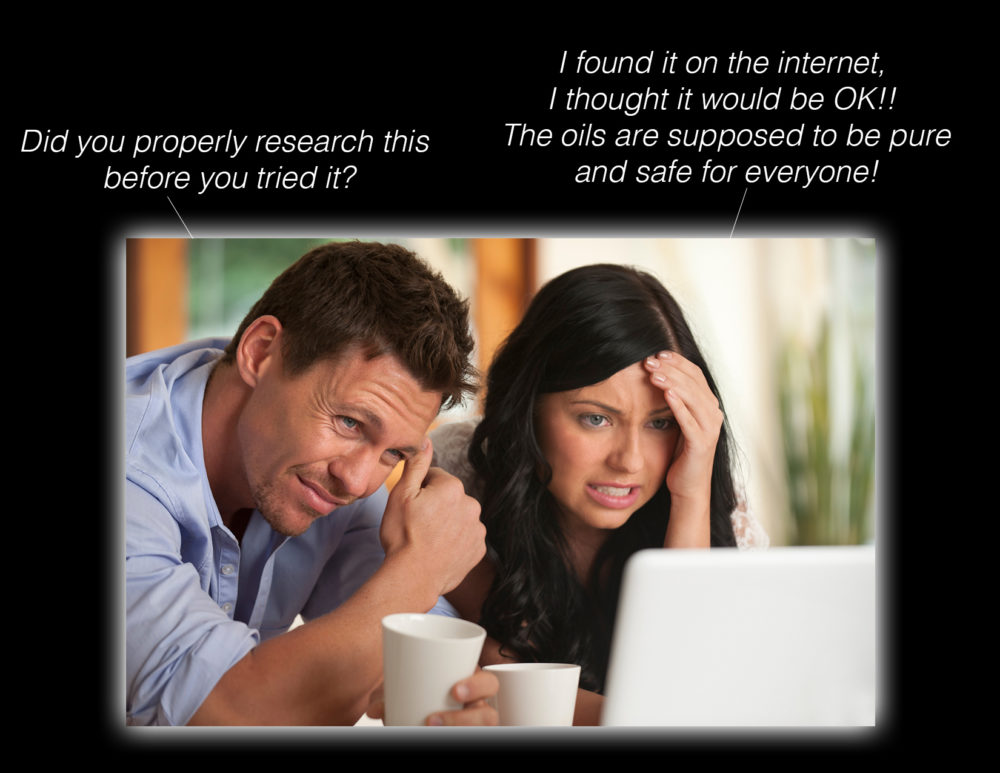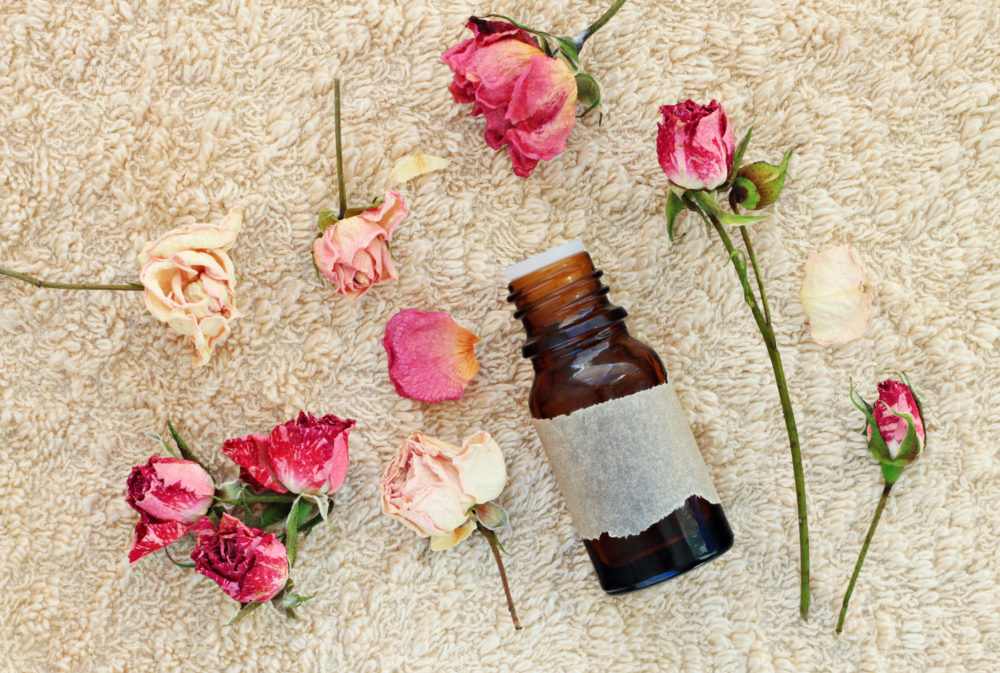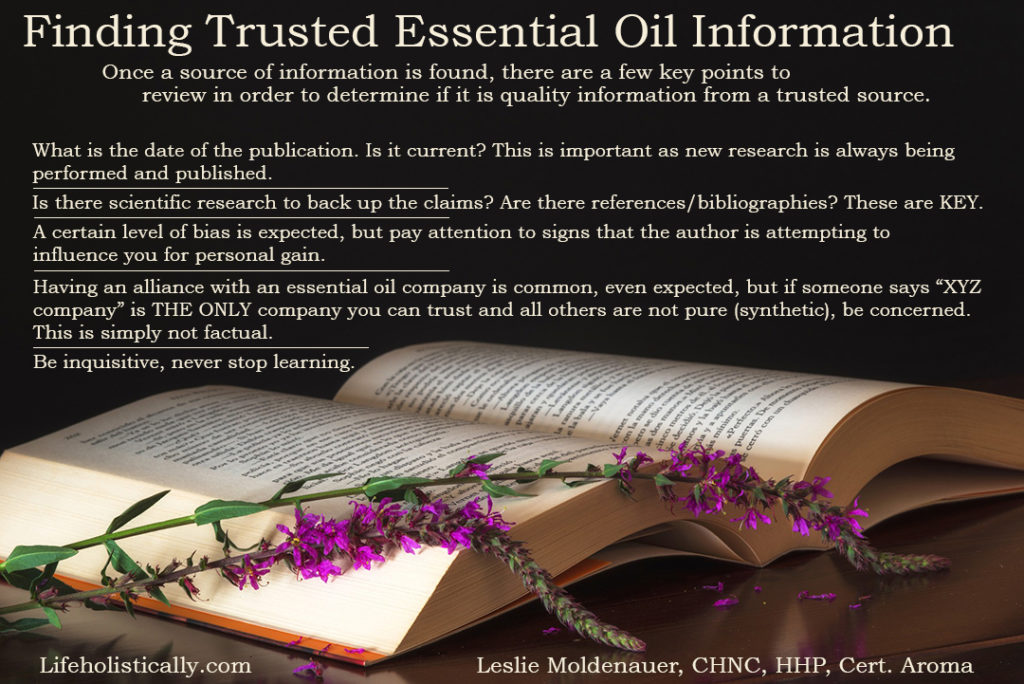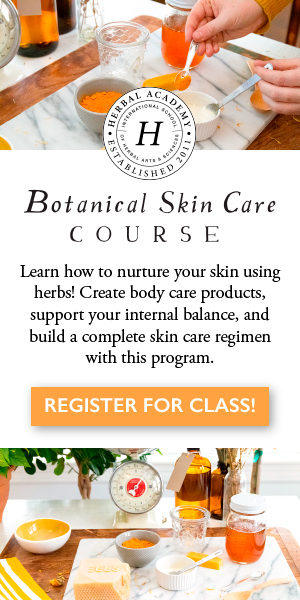
Dr. Google and Aromatherapy..Why is it such and issue?
Dr. Google, why is it such an issue in the aromatherapy community? Dr. Google is a colloquial term used in the medical community. Dr. Google searches can result in both an incorrect diagnosis as well as a cure for what ails you, by listing a variety of possible diseases to match your symptoms. Dr. Google and aromatherapy has become so pervasive, that it is hard to imagine a life without this ability to seek out help for our health concerns.
Quality of Information
With so much information at our fingertips, it can be challenging to sort out what is trustworthy, what is personal opinion, and what is marketing material. Numerous blogs are written that make claims without substantive evidence. This can be a challenge for those with the best intentions looking for ways to help themselves and their family. Online articles about specific conditions are unable to take into account someone’s medical history, genetics, lifestyle factors, and social context when providing their opinion, all of which are important for a diagnosis, and the key to treating the whole person.
With the accessibility of information on the Internet, should we go to the doctor, whether it is an allopathic or complementary practitioner? When speaking to aromatherapy, people search the Internet, Facebook or Pinterest, asking for an oil or oil blend that will help their health concern. Many times, the method of application and safety is not covered, so in cases of someone searching for information with limited knowledge of the topic, it can be a precarious situation. The recommendations given online come from a place of wanting to help others, but many times, they miss the mark.
Here is a small sample of real-life situations that transpired through a Dr. Google search (all examples shared with permission):
- A woman who was currently under the care of a medical provider for a suspected collapsed vein performed a Google search looking for remedies for venous insufficiency. She found suggestions online to use wintergreen essential oil on her leg for relief. She had recently had a major surgery and was taking a variety of drugs including three blood pressure medications and one blood thinner (anticoagulant). She did not find a warning online about the use of wintergreen oil while on medication. She was grateful to have contacted a reflexologist/aromatherapist before attempting this at home, and found there could have been unwanted side effects.
Wintergreen essential oil is contraindicated (all routes) while taking anticoagulant medication, or after a major surgery. [1] Wintergreen has a great potential for interaction with Warfarin, a popular blood thinning medication. [2]
- A mother performed a Google search for essential oils that could help her child (5), with symptoms of her cystic fibrosis. Mom wanted to do all she could to help her daughter, and was told that essential oils could be of great benefit. Her search brought her to a large list of essential oil blends (a meme on Pinterest), which could address her daughter’s issues. The recommendations included but were not limited to: cinnamon bark, eucalyptus, peppermint, lemongrass, oregano and wintergreen. The recipes however did not give instructions, so she asked her neighbor, an aromatherapist in training, how to use the oils. Mom was grateful she did, as she learned that many of the recommended oils had contraindications for a child her age, as well as with her current medications.
Wintergreen oil is contraindicated for children, and all the other oils listed here have restricted uses for safety reasons. [3]
- Mom with heartburn and indigestion completed a Google search to see which oils could help her to find relief. She found a blog instructing her to take one drop of peppermint essential oil in her water every day. At first, she thought there was improvement but it quickly got much worse with pain, burning, and a new symptom of intense acid reflux whenever she lay down at night. She sought advice from a trained aromatherapist and discovered that ingestion of peppermint can increase the risk of GERD. She stopped immediately and the severe discomfort subsided.
Peppermint oil should be used with caution, with those suffering from gastroesophageal reflux disease (GERD), as it can exacerbate the condition if taken orally. This is because peppermint oil can relax the sphincter between the stomach and esophagus, allowing stomach acids to flow back into the esophagus. [4]
- An aromatherapist finds in a FB group a mom who was asking about treating her baby for a suspected staph infection with clove essential oil. Mom stated she searched online and saw that clove essential oil should be applied to the skin to remedy the infection. The aromatherapist reached out to her to try to explain the safety issues surrounding clove on the skin for a young baby. The outcome is unknown.
Clove should be used with caution in children under two years of age [5].
Clove is not the best choice here because it is considered a hot oil, and can increase the risk of skin irritation.
- A first time mom is having issues with her milk supply, and wants to be sure to support her growing baby the best that she can. She completes a Google search for oils to help increase her milk supply, and finds someone suggesting trying fennel essential oil. She begins using it faithfully every day but was not finding much benefit. She asks in a FB group what she can do to increase supply and mentions what she has already tried. She discovers that fennel is actually contraindicated during nursing and it is the herb that would provide the results she is looking for. She immediately switches to the herb, and was very grateful to find results quickly.
Fennel essential oil is contraindicated for all routes during breastfeeding based on the estragole content. [6]
More on fennel and nursing here
Be a Critical Thinker
The basics of aromatherapy can be researched well on the Internet. Looking up oils to help improve mood, or help with restful sleep for example, are some of the things a home user can find help with relatively easily. The more in depth topics, however, need more scientific, evidence-based research. The credibility of the source needs to be considered. Many popular health gurus have recently taken on the role of essential oil expert, without proper training. We should all be cautious with using unvetted health information, no matter the topic. Confirmation bias plays a big part in personal online research. This is a propensity to search for or interpret information in a way that confirms our preconceptions. Google, based on what is typed in its search queue, also gives results based on popularity. Question and verify what you have read with other sources. A good goal is to look for an additional 3-5 sources that back up the original information
What Type of Research Should You Look For?
Superior to a blanket Google search would be to utilize research databases for evidence-based information. Find quality research that has been validated.
Here is a sampling of databases to help you perform your research:
PubMed
Google Scholar
MedScape
Tea Tree Oil Database
PubMed Central-Open Access research
Trained aromatherapists are another great way to find quality information. I encourage you to ask what training they have received. A basic aromatherapy course includes 200+ hours of training, and a clinical level program is 400 hours of training. Aromatherapists are taught to analyze and critique current aromatherapy research and apply this knowledge to positively affect their client’s commitment to their well-being. Aromatherapists help to rebalance the body and restore wellness.
Many wonderful aromatherapists have dedicated their time and money to their field, and have a large personal investment in helping others. They focus on safety and the notion of “Above all to do no harm”.
Finding Balance
Aromatherapists at times struggle to find a balance between managing the misinformation that is seen on the Internet and operating their business. Many aromatherapists are present and active on social media sites in an effort to help the consumer practice aromatherapy safely. They are there to help those who ask, but there is a line to be drawn. This would be similar to calling your doctor for advice. That advice might cover the immediate concern, beyond that you would need to make an appointment to be seen, in order for the doctor to properly assess you and your concerns.
If you have specific concerns about yourself or your child, I encourage you to seek out an aromatherapy practitioner. A consultation will be specific to the client and should incorporate knowledge about contraindications, the chemistry of the oils, and synergistic’s of making essential oil formulations. Aromatherapists look at the whole person and work to restore homeostasis to the body, mind, and spirit.
As Madame Maury states:
“Each of us is a unique message. It is only the unique remedy that will suffice.”
In utilizing aromatherapy, nutrition, or any other complementary therapy, Google can be utilized as a reference point, one that needs further research. If you find an article, please research other sources to see if the information is up to date and accurate. The goal for all of us is the same, to make the best choices for ourselves and our family using trusted information, as well as to know when and where to look for assistance when needed.

References:
[2] Valussi, M. A short review of wintergreen/methyl salicylate toxicity. The International Journal of Professional Holistic Aromatherapy. Volume 4. Issue 3. (2015) p 43-49
[1] [3] [6] Tisserand, R., Young, R. (2014) Essential Oil Safety (2nd Ed) London: England. Churchill Livingstone Elsevier
[4] Peppermint. University of Maryland Medical Center.
BEFORE YOU GO! Remember to sign up for my FREE Facebook group! Hang out with me and THOUSANDS of other Essential Oil lovers looking to learn, click on to join Real Essential Oil Education Group!
Check out my FREE offer below!
Like so many practices in life I encourage you to become educated on the proper use of essential oils. When using them, please do so cautiously, understanding that there is often misinformation on the internet. You can be assured that I support only educated and proven resources. While essential oils should not be feared they should be respected and used properly to ensure the safety of the individuals using them.
Please note that I am not a medical practitioner. The content of this website is provided for general informational purposes only and is not intended as, nor should it be considered a substitute for, professional medical advice. Do not use the information on this website for diagnosing or treating any medical or health condition. If you have or suspect you have a medical problem, promptly contact your professional healthcare provider. By using this website, you assume full responsibility and liability for your own actions.





